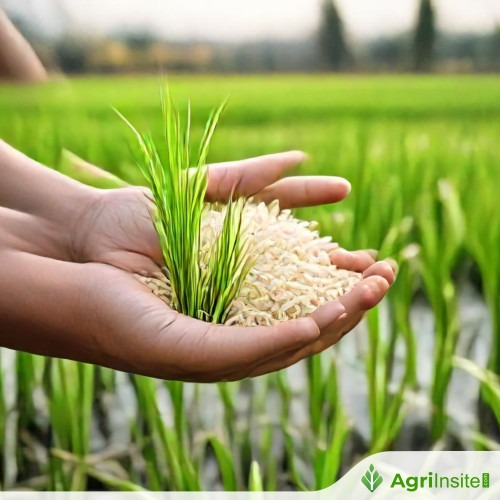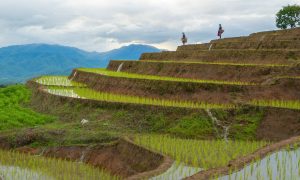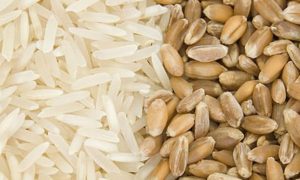India approves its first gene edited crop—rice that uses less water, reduces carbon emissions and increases yields

India has unveiled the world’s first genome-edited rice varieties — Pusa DST Rice 1 and DRR Dhan 100 — developed by ICAR to address water use, climate impact, and productivity. These rice strains promise 20–30% higher yields and 20% lower methane emissions. However, opposition groups have raised concerns over health, ecological risks, and seed sovereignty.
India has made a historic leap in Sustainable Farming by unveiling the world’s first Genome-Edited Rice varieties. “Pusa DST Rice 1” and “DRR Dhan 100 (Kamala).” These incredible rice varieties were developed by the ICAR (Indian Council of Agricultural Research). These advanced innovations have the power to revolutionize Rice cultivation, particularly in climate-vulnerable as well as water-stressed regions.
Follow the latest news and policy debates on sustainable agriculture, biomedicine, and other ‘disruptive’ innovations. Subscribe to our newsletter.
These novel rice varieties were developed to address three major climate challenges: water utilization, Environmental impact, as well as Rice productivity.
Scientists claim that these Rice varieties promise an enhanced yield of 20–30%. They also stated that due to these varieties, there would be a reduction in Methane (Greenhouse gas) emissions by nearly up to 20%.
Despite the Scientific support, opposition groups like the “Coalition for a GM-Free India” have raised their concerns regarding these Rice varieties. They have demanded the withdrawal of these two Genome-Edited Rice varieties, citing potential risks to human health, seed sovereignty, and ecological balance.
To Read more about Rice News continue reading Agriinsite.com
Source : GLP















